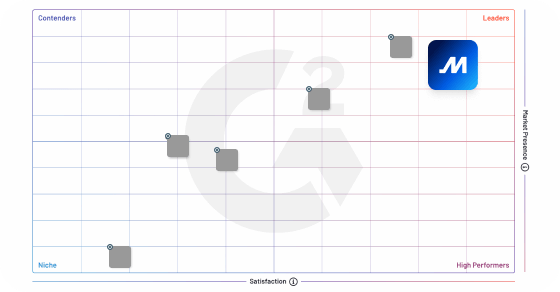Gross vehicle weight rating, commonly known as GVWR, identifies the maximum permissible weight, including the vehicle’s weight, cargo, passengers, and accessories. Knowing the GVWR is critical as the GVWR is the maximum weight a truck can carry.
Manufacturers set the GVWR, which can also be described as the uppermost limit that a vehicle can weigh without violating the law. Ensuring compliance with the GVWR helps avoid vehicle damage and ensures that trucks remain safe and reliable on the road. Possible safety hazards associated with exceeding GVWR include decreased braking ability and increased risk of tire failure.
The GVWR can also affect the cost of operating a truck, as heavier vehicles require more fuel and maintenance. Thus, GVWR can be a factor in deciding which vehicles to purchase and how to load them.
Frequently Asked Questions
What is the difference between gross vehicle weight and GVWR?
Gross Vehicle Weight (GVW) refers to the total weight of a vehicle, including the vehicle itself, passengers, cargo, and fuel.
GVW is measured at a specific moment and can change as the vehicle is loaded or unloaded. On the other hand, gross vehicle weight rating (GVWR) is the maximum allowable weight specified by the manufacturer that the vehicle is designed to carry, including its own weight and the weight of its occupants and cargo.
GVWR is a static rating and serves as a guideline for safe vehicle operation and load capacity. Exceeding the GVWR risks violating government regulations meant to ensure vehicle reliability and road safety.
Is GVWR the same as towing capacity?
No, gross vehicle weight rating (GVWR) is the maximum weight a vehicle can safely carry, including passengers, cargo, and fuel.
Towing capacity refers to the maximum weight a vehicle can tow behind it.
The two are related but distinct. Both have their own separate specifications to consider to minimize vehicle damage and maximize road safety.
What does 26000 GVWR mean?
GVWR stands for gross vehicle weight rating, which is the maximum weight a vehicle can safely carry, including passengers, cargo, and fuel. A 26000 GVWR indicates that the vehicle has a maximum weight limit of 26,000 pounds. This is typically used to classify commercial vehicles, such as large trucks and buses, to ensure they are operated safely and within legal weight limits.
Is GVWR the actual weight?
No, GVWR (gross vehicle weight rating) is the maximum weight limit recommended by the manufacturer for safe operation of the vehicle, including passengers, cargo, and fuel. Exceeding the GVWR can result in safety hazards, such as decreased braking ability and increased risk of tire failure.
The actual weight refers to the vehicle’s weight (including the vehicle itself, passengers, cargo, and fuel) at a given moment. This weight changes for many reasons including cargo unloading or loading or fuel expenditure.



